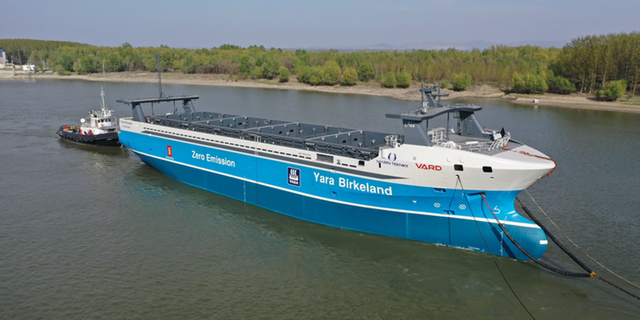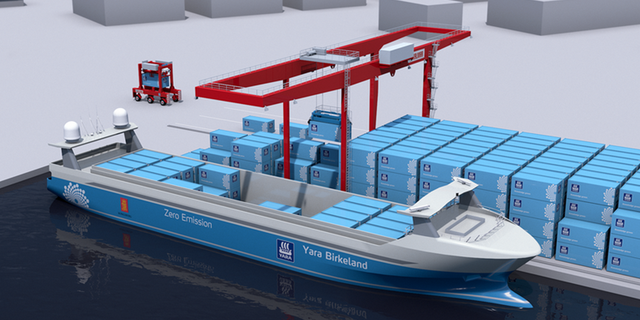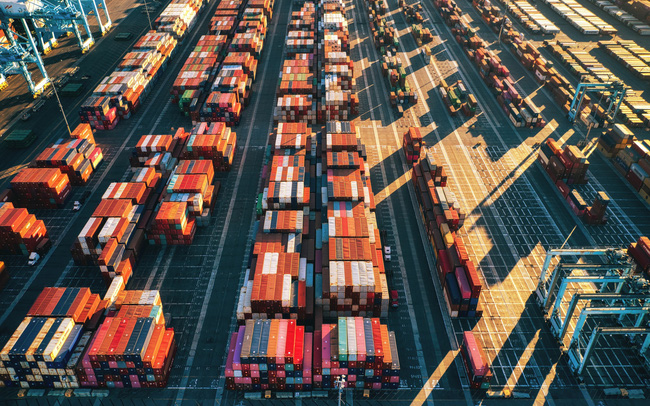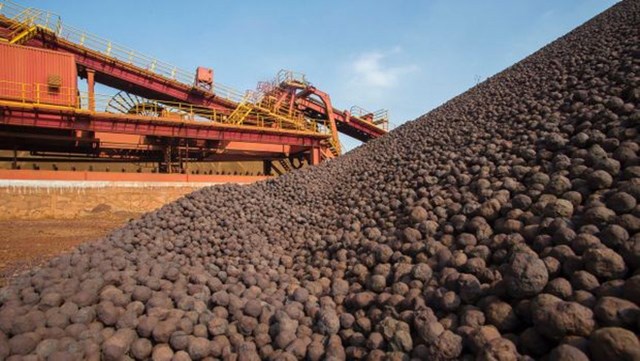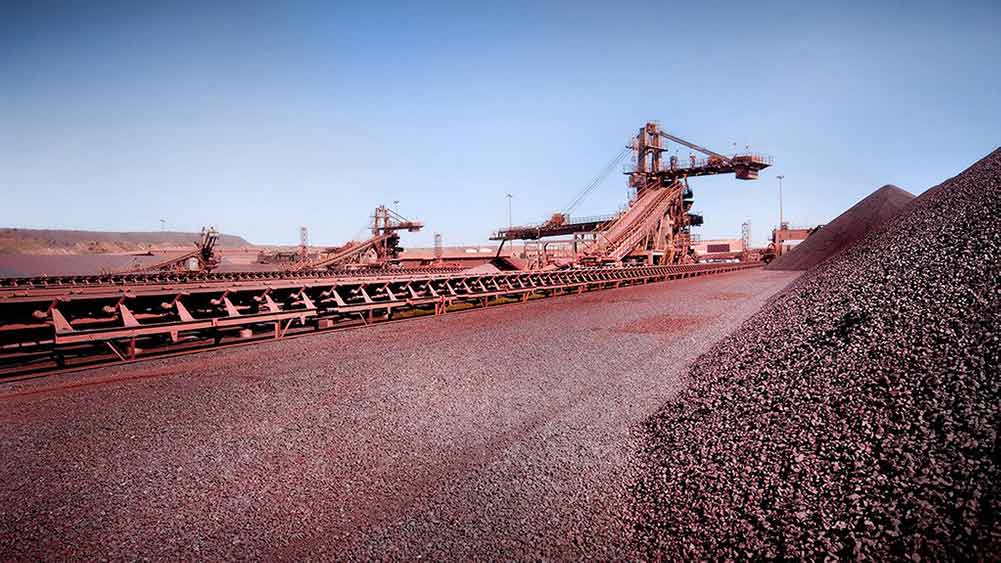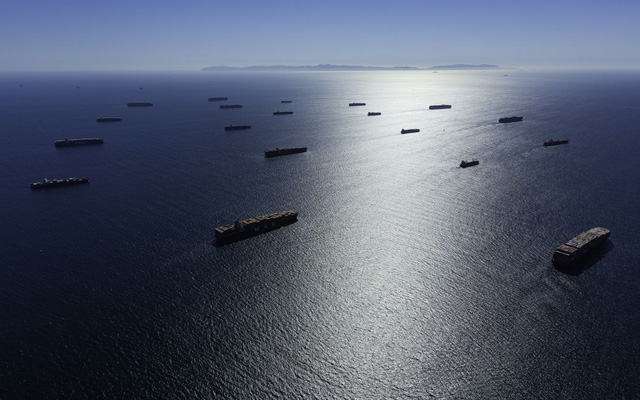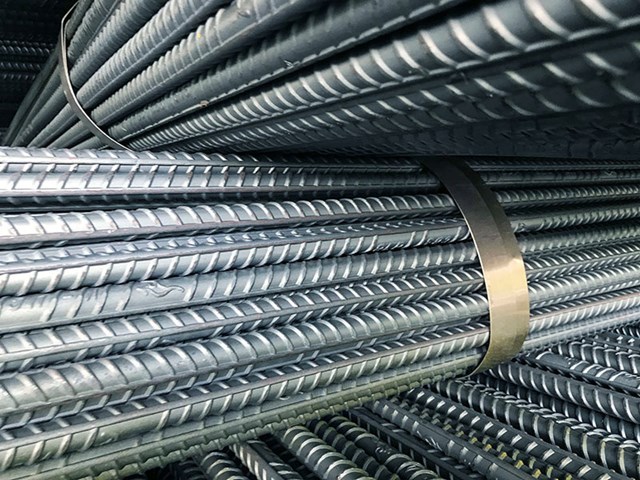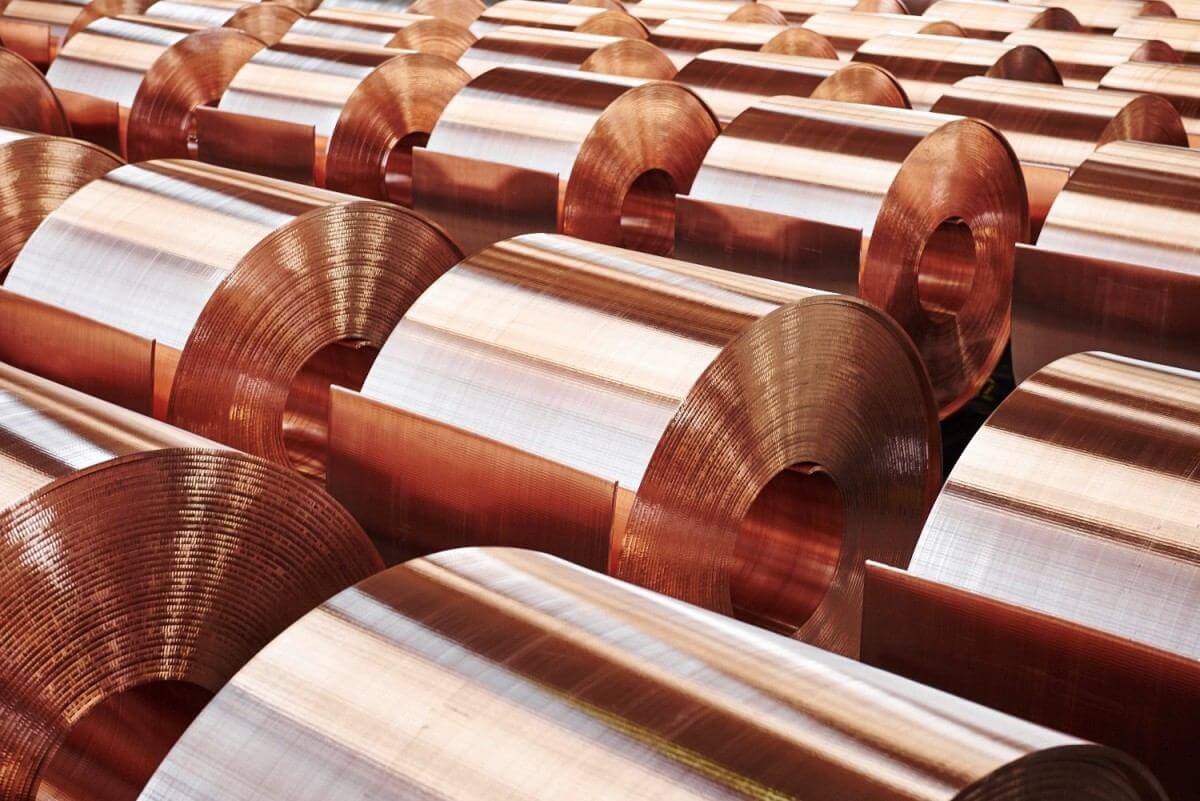The ship Yara Birkeland will run the first trip between two Norwegian towns with a design of 103 containers, a speed of 13 knots.
A Norwegian company has created what it calls the world’s first self-propelled, zero-emission cargo ship. If all goes to plan, the ship will make its maiden voyage between the two Norwegian towns later this year with no crew on board. Instead, its navigation will be monitored by 33 onshore data control centers.
It’s not the world’s first self-propelled vessel – an autonomous ferry launched in Finland in 2018 – but it is the first fully electric container ship. Developed by chemical company Yara International, Yara Birkeland is designed to reduce nitrous oxide and carbon dioxide emissions.
According to the International Maritime Organization, the shipping industry currently accounts for between 2.5 and 3% of global greenhouse gas emissions. Nearly all of Norway’s electricity is generated by hydroelectricity, which has a much lower carbon footprint than burning fossil fuels, although it still produces greenhouse gases.
Conceptualized in 2017, the ship was born thanks to the cooperation of technology company Kongsberg Maritime and shipbuilder Vard. According to Jon Sletten, director of Yara’s plant in Porsgrunn, Norway, the ship is capable of carrying 103 containers at a speed of 13 knots. It uses a 7 MWh capacity battery. Using it alone along the coast of Norway, he said, could replace 40,000 truck trips a year.
Brand new market
In addition to offering a “greener” alternative to cargo ships, Sletten said having no crew means it’s more cost-effective to operate.
Initially, loading and unloading goods will require a human, but according to Sletten, all loading, unloading and mooring will later be operated by autonomous technology. This will involve the development of self-propelled cranes.



